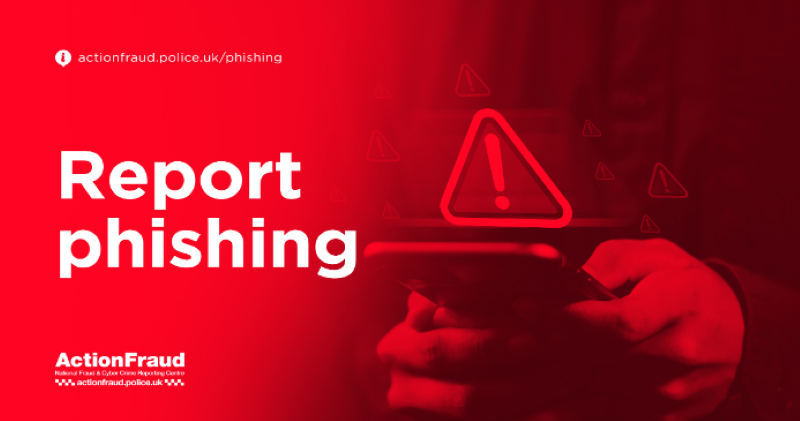Insights
4 ways to deal with phishing messages
And figures show that over 32 million phishing emails have been reported to the Suspicious Email Reporting Service (SERS), with more than a third of all emails being reported in the last year.
Action Fraud give 4 ways to protect yourself from becoming a victim of phishing:
- If you have suspicions about a message, contact the organisation directly using the contact details on their official website. Do not use the number or web address in the message. Your bank and other official sources will not ask you to provide sensitive information by email.
- If you have received an email that doesn’t feel right, remember, STOP! Report suspicious emails by forwarding them to: report@phishing.gov.uk. Send emails to this address that feel suspicious, even if you're not certain they're a scam – they will be checked.
- Ensure you always report suspicious text messages or scam call numbers, free of charge, to 7726. Your network provider can find out where the text came from and block or ban the sender. To report a scam text, forward it to 7726 and then send the sender’s number when prompted. To report a scam call, text 7726 with the word ‘Call’ followed by the scam caller’s number.
- If money has been lost or financial information has been provided as a result of a phishing scam, tell your bank immediately and report it to Action Fraud at actionfraud.police.uk or by calling 0300 123 2040. In Scotland, call Police Scotland on 101.
